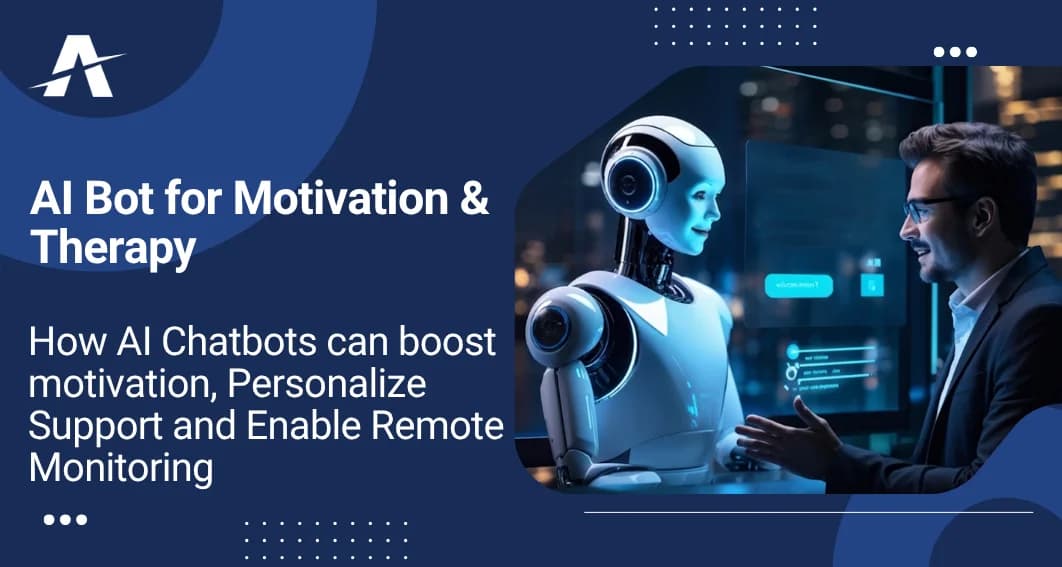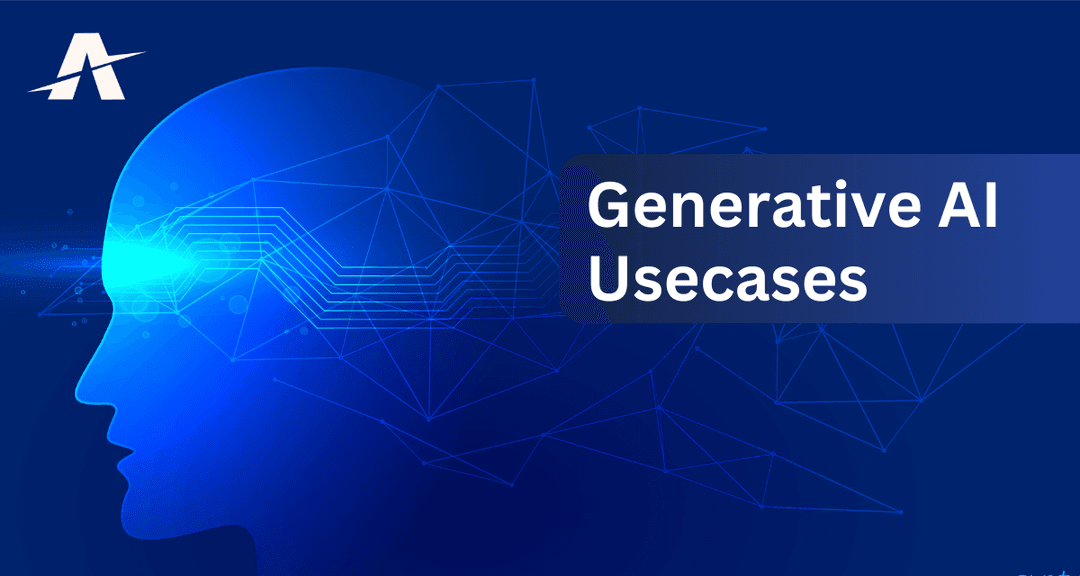Mental health support and motivation enhancement are undergoing a remarkable transformation. Thanks to Artificial Intelligence (AI), we are witnessing the rise of AI chatbots designed specifically for motivation and therapy.
These intelligent virtual companions are revolutionizing how individuals receive emotional support, stay motivated, and track their mental health progress—anytime and anywhere.
In this blog, we explore how AI bots for motivation and therapy are changing lives, providing personalized support, and enabling remote mental health monitoring.
What Are AI Chatbots for Motivation & Therapy?
AI chatbots for therapy and motivation are advanced software programs powered by machine learning, natural language processing (NLP), and behavioral psychology. These bots simulate human-like conversations, providing users with real-time support, daily motivation, mental health guidance, and therapeutic suggestions.
Popular examples include Woebot, Wysa, and Replika—each offering various degrees of emotional check-ins, CBT-based conversations, mindfulness prompts, and motivational messages.
Benefits of AI Bots for Motivation and Therapy
1. Instant Emotional Support and Motivation
One of the most impactful features of AI bots is their 24/7 availability. Whether you're feeling anxious at midnight or demotivated during the workday, these bots provide instant emotional support without judgment. They can:
- Offer motivational quotes or affirmations
- Guide users through breathing or mindfulness exercises
- Check in daily with mood tracking and goal reminders
- Encourage self-reflection and gratitude
This constant availability creates a supportive atmosphere, especially for those who might not have immediate access to a human therapist or coach.
2. Personalized Mental Health Guidance
AI bots utilize user data and behavioral patterns to personalize each session. Over time, they “learn” from user interactions, making their support increasingly tailored. Features include:
- Custom motivational plans based on user goals
- Adaptive responses to user moods or struggles
- Regular prompts that align with therapy techniques like CBT or DBT
- Support based on previous conversations and emotional history
By personalizing interactions, these bots create an experience that feels genuinely empathetic and relevant to each individual.
3. Enabling Remote Monitoring and Self-Tracking
Therapists and mental health professionals can’t be available 24/7, but AI bots can help fill that gap. With user consent, these chatbots can also be connected with healthcare providers for remote monitoring. This provides:
- Regular mood and behavioral data logging
- Alerts for critical warning signs (e.g., depression spikes)
- Weekly progress summaries
- Integration with health apps or wearables
4. Anonymity and Reduced Stigma
Mental health stigma is still prevalent in many societies. AI bots provide a safe, anonymous space for users to open up without fear of being judged or labeled. This can lead to:
- Increased honesty in emotional expression
- More frequent usage, leading to consistent support
- Earlier intervention in cases of emotional distress
5. Cost-Effective and Scalable Solution
Traditional therapy can be costly and inaccessible to many. AI bots, on the other hand, offer:
- Freemium or affordable subscription models
- Scalability for millions of users at once
- No waitlists or session booking requireds
Use Cases of AI Chatbots in Motivation & Therapy
1. Daily Motivational Coaching
AI bots can serve as digital life coaches, helping users stay aligned with personal or professional goals. From morning affirmations to progress check-ins, they help reinforce positive habits and mindsets.
2. Mental Health Screening
Some AI bots are trained to detect early signs of anxiety, depression, or burnout based on conversational cues and behavior patterns. They can suggest professional help if risk levels increase.
3. Support During Therapy Gaps
Between sessions with human therapists, users can interact with AI bots to stay on track. Bots help reinforce therapeutic techniques, journal emotions, and keep the momentum going.
4. Employee Wellness Programs
Organizations now integrate AI mental health bots into their employee wellness initiatives. These bots can offer stress-relief exercises, burnout monitoring, and personalized motivation.
Challenges and Ethical Considerations
Despite their advantages, AI bots for therapy are not perfect. Key concerns include:
- Privacy & Data Security: Users must trust that their sensitive data is secure.
- Emotional Dependency: Over-reliance on bots may reduce human interaction.
- Not a Replacement for Professional Help: While helpful, AI bots cannot replace licensed mental health professionals, especially in severe cases.
- Bias in AI Algorithms: Training data biases can affect the bot’s responses and accuracy in detecting emotional nuances.
The Future of AI in Motivation and Therapy
With advances in machine learning, sentiment analysis, and integration with wearable health tech, the future of AI-powered mental health looks promising. In the coming years, we can expect:
- Multilingual bots to reach diverse populations
- Voice-based support through virtual assistants like Alexa or Siri
- VR and AR integration for immersive therapeutic experiences
- Greater collaboration with mental health professionals for hybrid care models
AI chatbots for motivation and therapy are opening new doors for mental well-being, personal growth, and accessibility. They offer an affordable, scalable, and always-available source of support. While they’re not a cure-all, when used responsibly, AI bots can be powerful companions in our emotional journey—helping us stay motivated, feel heard, and track our mental health in real time.
As AI continues to evolve, these digital companions will become smarter, more intuitive, and even more deeply integrated into our daily lives. The future of therapy is not just human, it’s hybrid.
FAQs: AI Bots for Motivation and Therapy
Q1. Are AI therapy bots safe to use?
Yes, reputable AI therapy bots are designed with encryption and data security in mind. Always choose bots with transparent privacy policies and positive reviews from users and mental health experts.
Q2. Can an AI chatbot replace a therapist?
No. While AI bots offer supplemental support and tools for self-care, they are not substitutes for licensed therapists, especially for complex mental health conditions.
Q3. How do AI bots personalize support?
AI bots analyze your responses, behavioral patterns, and mood history to tailor their conversations. Over time, they learn your preferences, emotional triggers, and goals for better guidance.
Q4. Which AI therapy bots are the most popular?
Some of the most widely used AI therapy and motivation bots include Woebot, Wysa, Replika, Tess, and Youper. Each has unique features, so it’s best to try a few to see what fits your needs.
Q5. Is it okay to use an AI bot every day?
Yes, using an AI bot daily for mood tracking, motivation, or stress relief can promote consistent self-care and improve emotional awareness.













